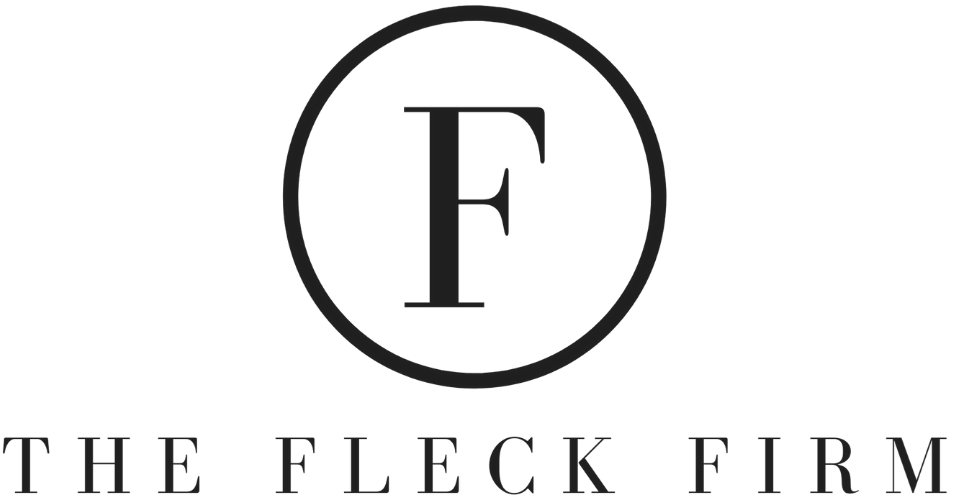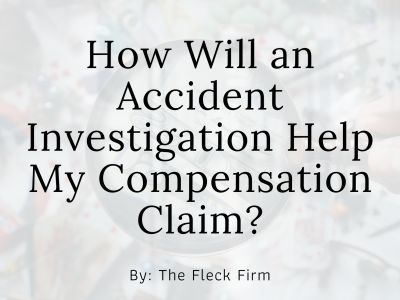Investors use IRS 1031 as a strategy to defer capital gains taxes on real estate properties by exchanging one investment or business property for another. In fact, this is such a common strategy that “1031” has even become a verb to mean exchanging property to avoid taxes.
What Exactly Is the IRS 1031 Exchange?
IRS 1031 refers to Section 1031 of the Internal Revenue Code. The process of deferring taxes is called a 1031 exchange.
After 1979, when IRS 1031 expanded to include non-simultaneous sales and purchases, it was possible to use deferment provisions for a wide variety of property. However, the Tax Cuts and Jobs Act of 2017 (which went into effect for the fiscal year of 2018) reduced the types of property that IRS 1031 covered to just real property.
Current law allows you to exchange just like-kind property as well as like-kind property combined with cash, liabilities, or property that is not like-kind. Bear in mind, thought, that you may have some taxable gain that you will be unable to defer if you receive cash, property that is not like-kind, or relief from debt.
As we mentioned above, 1031 exchanges are only for investment and business properties. Nonetheless, the exchange is available to all types of taxpaying entities, including:
- Individuals
- Trusts
- C corporations
- S corporations
- General and limited partnerships
- Limited liability companies (LLCs)
Other attorneys take contingent fees of 33% to 50% of your settlement.
We want you to keep more of your money.
Our contingent fee is only 30% on cases settled prior to filing suit.
Why Is a 1031 Exchange Beneficial?
Put simply, a 1031 exchange allows you to accumulate wealth on investments.
Typically, when you exchange a real investment property for another, the swap is taxable in the same way as a sale. However, when you meet the requirements of a 1031 exchange, you can defer all or some of the tax at the time of the exchange. In fact, you can use a 1031 exchange to defer related federal income tax liabilities as well as for capital gains.
The reason this is possible is because a 1031 exchange allows you to swap the form of the investment without recognizing capital gains. It began as an option to allow two separate parties to swap properties and avoid income tax. It has now evolved into something much more complex.
For instance, if you are unable to find someone who wants to swap properties, you can use a 1031 exchange to sell your property and then reinvest the funds into another property. This includes property that does not yet exist but will be constructed later. There is no need for the exchange of the real property to even happen at the same time as you acquire the replacement property.
To put this into perspective, imagine that you purchase a property, make improvements, and wait for the market to become more favorable. With a regular sale, you’d need to pay capital taxes on your profit. With a 1031 exchange, though, you can defer taxes indefinitely.
This allows you to pay just one tax at the long-term capital gains rate. Depending on your income, it will either be 15 percent or 20 percent — although, if you are low income, you may owe 0 percent. Alternatively, if you pass the property on to a beneficiary upon your death, the taxes will defer until a step-up in basis, which will minimize capital gains tax for your heir.
How an Attorney Can Help with Your IRS 1031 Exchange
Before trying to benefit from a 1031 exchange, it’s important to understand the full implications. There are many facets to IRS 1031. For instance, there are limitations as to how you can use a 1031 exchange with vacation properties.
Your best option is to work with an attorney who has experience in 1031 exchanges. Your attorney can advise you if a 1031 exchange is the best option for your situation. For example, even though a 1031 can defer payments indefinitely in some cases, there are still some tax implications and timeframes to bear in mind.
Furthermore, if a 1031 exchange is the right choice for you, an attorney can ensure that you apply it correctly. This will allow you to use a 1031 exchange as many times as you like and as often as you like — you can continuously move the gains from one property to another. Finally, you may even be able to use a 1031 exchange for a property that was previously your primary residence. This is only allowed under strict conditions, which your attorney can explain.
For support with everything related to an IRS 1031, contact The Fleck Firm. We can assess whether a 1031 exchange is right for you and help you figure out the next steps to take.







